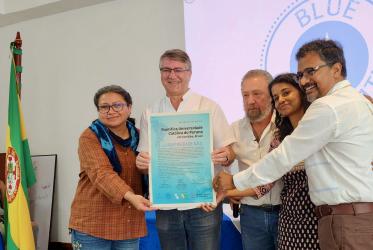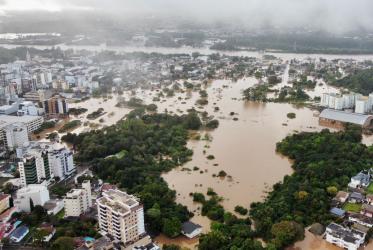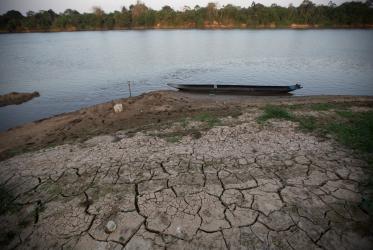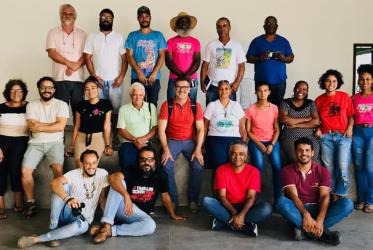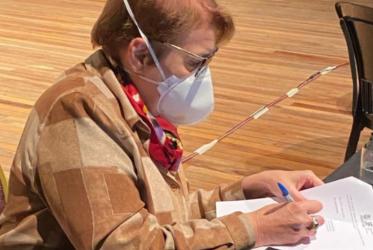Mostrando 1 - 20 de 122
17 Abril 2024
In wake of floods in Brazil, WCC expresses concern and solidarity
09 Septiembre 2023
WCC stands in solidarity with victims of major flood in Brazil
17 Febrero 2022
Brazilian ecumenical water network launched
29 Julio 2021
Pulling together for a living River Pardo
02 Julio 2021


